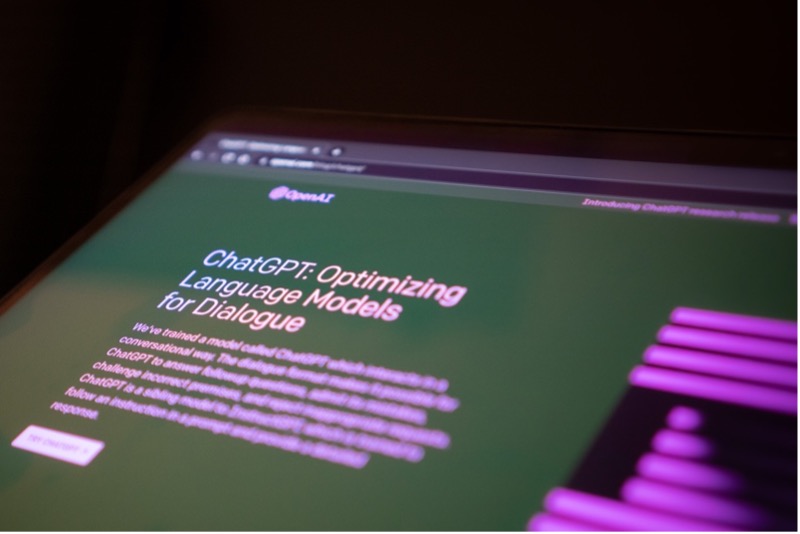Family businesses face unique challenges when it comes to multigenerational succession planning. Matt Allen, a clinical professor at Kellogg, emphasizes the importance of long-term resilience and offers four tips for family enterprises to build and preserve multigenerational resilience. First, he suggests cultivating emotional ties to the business from an early age to ensure future leaders have a strong connection. Second, he advises against delaying planning for a leadership transition, emphasizing the value of transparency and continuity. Third, he highlights the importance of not delaying the actual transition, as timing is crucial for the next generation to feel engaged and avoid frustration. Finally, he warns against inertia and encourages family firms to embrace innovation and adapt to market changes, even if it means significant pivots in the business.
Succession planning in family-owned businesses is crucial for their long-term sustainability. It involves addressing the readiness of the next generation, giving them more autonomy, and ensuring a smooth transition of leadership. Family businesses need to plan early, be transparent about leadership transitions, and avoid delaying the actual handover of responsibilities. Cultivating emotional ties to the business from an early age and embracing innovation are also key factors in ensuring the continued success of family enterprises across generations.
Family businesses can navigate the challenges of multigenerational succession by focusing on long-term resilience, cultivating emotional ties, planning and executing leadership transitions in a timely manner, and avoiding inertia by embracing innovation and adaptability. By following these tips, family enterprises can build and preserve multigenerational resilience, ensuring their continued success across generations.






